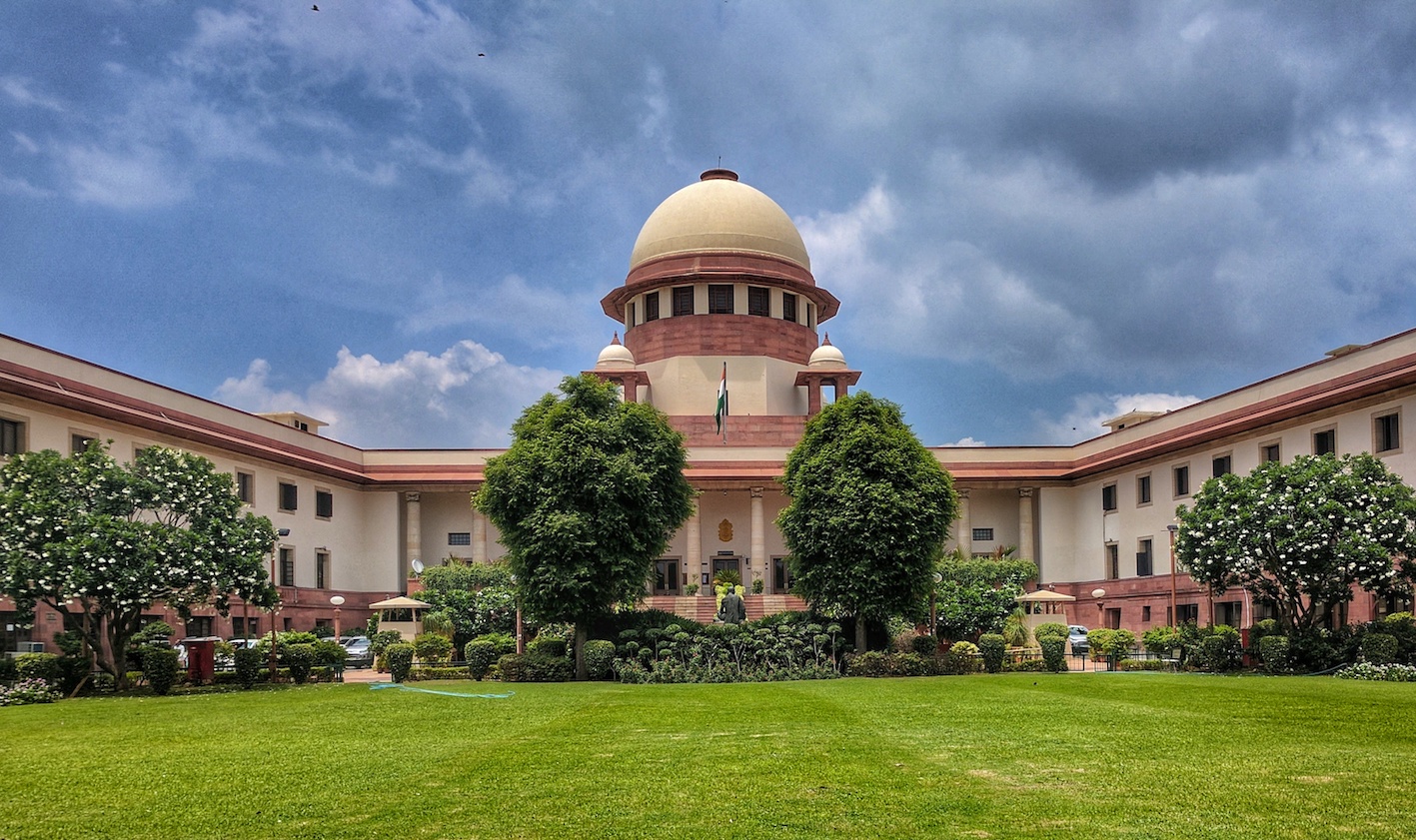The Concluding report of the one-man committee, is clear and unambiguous: Supreme Court
“In the Concluding Report, final list has been annexed, which is utility-wise and personnel-wise, which is clear and unambiguous. We, thus, do not find any merit in the Miscellaneous Applications filed by Telangana State power utilities being M.A. Nos. 1286, 1290, 1292 and 1291, which are dismissed.”, this remarkable stand was forwarded by the Honorable SC in the Miscellaneous appeal case of Telangana Power Generation Corporation Ltd. (TSGENCO) V. Andhra Pradesh Power Generation Corporation Ltd., [MIS.A. NO(S). 1270/2020] in [C.A. NO(S). 11435/2018], chaired by Hon’ble Mr. Justice Ashok Bhushan and Mr. Justice M.R. Shah, The bench in this present case has accepted the submissions of the one-man committee report, thereby disposing all the Miscellaneous appeals.
The High Court vide its judgment dated 02.02.2018 decided the bunch of writ petitions raising the dispute pertaining to allocation of the employees of the power sector undertakings in the States of Telangana and Andhra Pradesh. The Honorable SC vide its judgment dated 28.11.2018 while upholding the judgment of the High Court with the agreement of the learned counsel for the parties appointed a One-Man Committee consisting of Justice D.M. Dharmadhikari, a former Judge of this Court for distributing the personnel between two States.
One-Man Committee proceeded to formulate the modalities for distributing the personnel, prepared the reports allocating the personnel at several stages. The miscellaneous applications were filed in this Court in the civil appeal in pursuance of the liberty granted by this Court in its judgment dated 28.11.2018 permitting the parties to approach the Court by filing an interlocutory application. The present set of miscellaneous applications have been filed by Telangana Power Utilities, certain employees and employees’ associations after submission of the concluding report dated 20.06.2020 by the One-Man Committee. These Miscellaneous Applications have been filed in Civil Appeal No.11435 of 2018 decided by this Court vide judgment dated 28.11.2018. Civil Appeal No. 11435 of 2018 was filed against the common judgment dated 02.02.2018 passed by the High Court of Judicature at Hyderabad for the State of Telangana and the State of Andhra Pradesh in Writ Petition No.17994 of 2015 and other connected writ petitions.
After examining all the submissions, arguments and evidences forwarded by the councils, the Hon’ble SC observed that, the above judgment of the High Court having been upheld by this Court, the submission of learned counsel that no allocation process ought to be undertaken for applicants is without any merit. Further, submission of the learned counsel for the applicants that their names were not included in the Final List dated 26.12.2019 also does not in any manner militate against and their names subsequently included for allocation from Andhra Pradesh to Telangana State utilities. We having upheld the allocation made by the One-Man Committee from Andhra Pradesh to Telangana State also, we find no merit in M.A. No.1287 of 2020, which stands rejected.
The bench further added that, “With regard to other M.A.s, we make it clear that the One-Man Committee was entrusted only with distribution of personnel between the two States, which distribution has been finalized by the One-Man Committee. Insofar as other claims regarding salary or allowances as raised in different M.A.s, they need no consideration in these proceedings and employees of power utilities are free to adjudicate their claims before appropriate forum in accordance with law. All other M.A.s are disposed of accordingly.”
In lieu of the above made considerations and observations, the bench in this present disposed all the M.A.s stating that, “We having found no merit in the objections to One-Man Committee’s Concluding Report dated 20.06.2020 it is obligatory for power utilities of both the States and all concerned to carry out and implement the directions of the One-Man Committee Report.”





